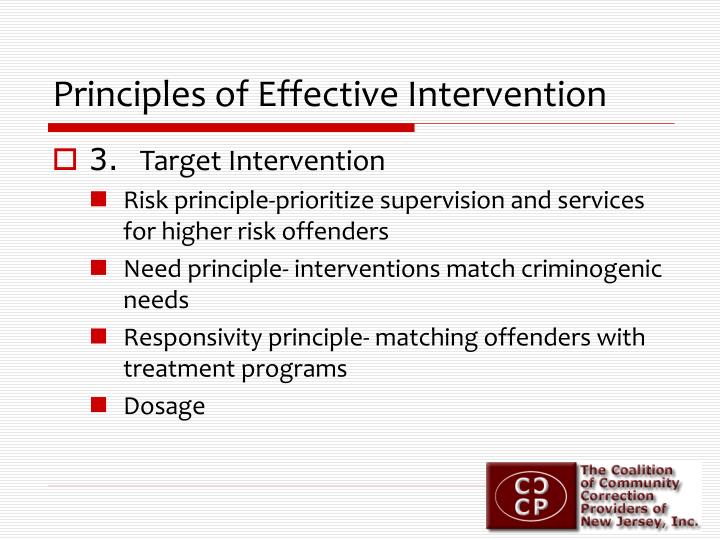

Peoples attacked armies and small forces had to resist enormous masses. In an anonymous pamphlet of 1794, Metternich described the consequences: ‘Old men and children, willing or unwilling, timid or brave, all fought in the same ranks. Troops swarmed across the landscape, taking cover wherever possible and converging for horde attacks on key enemy positions. Massive conscription levies flooded the French armies with poorly trained recruits and their commanders adopted open-order tactics designed to deploy their zeal and numerical weight to maximum effect. And he saw how the revolution had transformed the traditional methods of war. He watched the Jacobin Club in Mainz evolve from a reading circle into an engine of social revolution. Metternich was an attentive reader of pamphlets and constitutions who understood the power of ideas and of the networks that propagated them. It was not just a political but a financial disaster: most of the family’s Rhenish possessions were lost, leaving them dependent on the income from their Bohemian estate of Königswart.

As the revolutionary armies spilled across the borders of France into western Germany, he witnessed the swift destruction of the intricate devolved structures of the old Holy Roman Empire, which his family had served for generations. He spent his young adulthood in the borderlands – Strasbourg, Mainz and Brussels – where the European impact of the revolution was initially and most intensely felt. The young Metternich had watched some of his teachers, amiable figures steeped in the rationalism of the late Enlightenment, align themselves with the violence of the French Revolution. But this order had to be of a special kind, capable of connecting the arrangements regulating the interaction between states with factors that ensured a stable social and political order within them. The vortex of violence that swept across Europe between 17 showed that peace was vulnerable unless it was founded on robust structures and principles, in short on a European order. Peace did not mean for him the mere absence of war. Wolfram Siemann’s evocative and deeply researched biography places the quest for peace at the centre of Metternich’s life and thought. War, he told Sagan, ‘contaminates everything, even the imagination … That is why I work for peace.’ Passing the scene of recent fighting near Troyes in March, Metternich noted that the armies had concerned themselves only with killing no one had taken the trouble to gather or bury the dead. The consequence of a campaign which was only being carried on due to the intransigence of one man, whose ultimate defeat appeared inevitable, these losses must have seemed cruelly pointless. At the Battle of Vauchamps on 14 February, seven thousand Prussians were killed or wounded.

Further French victories followed at Montmirail and Chateau-Thierry, with more than five thousand allied casualties. He struck at the Russians again on 10 February, exacting a further three thousand casualties (and conceding only five hundred). At the Battle of Brienne on 29 January, he mounted a surprise attack on the Prussians, inflicting nearly four thousand casualties three days later, in heavy drifts of snow, he attacked combined Prussian, Austrian, Russian, Bavarian and Württemberg forces, leaving between six and seven thousand dead and wounded (and absorbing more than five thousand casualties of his own). He no longer possessed the resources to reverse the allied advance, but could still do grave damage to his pursuers. For months they traversed an immense crime scene.īy the middle of February 1814, when Metternich was writing to Sagan, Napoleon had been pushed out of Germany and was retreating westwards across France, pursued by the allied armies of Austria, Russia and Prussia. And this meant, among other things, that the key decision-makers were confronted in the most visceral way with the scale and human impact of the war.

The congress that drew up the postwar peace settlement at Vienna in 1814-15 began peripatetically, with European envoys and ministers trailing along through the debris of the vying armies as they fought their way towards Paris. War’s only positive feature, he observed, was its ability to numb the senses to the immense misery it caused. ‘I hate the war and all that it brings: the killing, the pain, the piggishness, the pillaging, the corpses, the amputations, the dead horses – not to forget the rape,’ the Austrian foreign minister Klemens von Metternich told his friend Wilhelmine von Sagan.


 0 kommentar(er)
0 kommentar(er)
